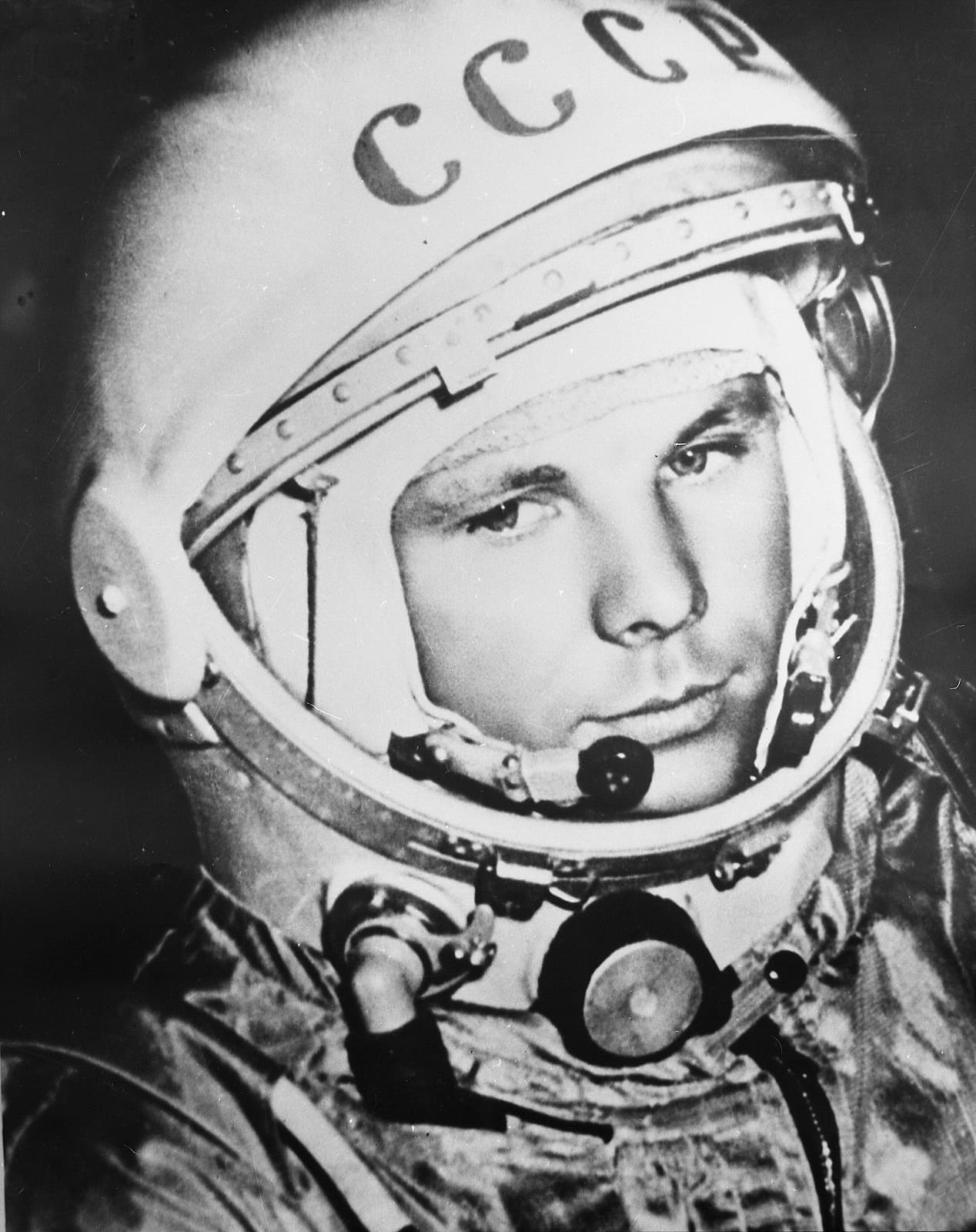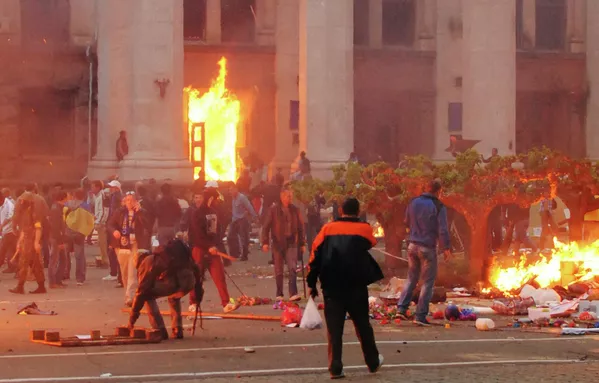Ringo
Gold Member
At the end of the winter of 1943-1944, the German occupation command decided to use the pupils of Polotsk Children's Home № 1 as blood donors for the wounded German soldiers.
On the night of February 18 to 19, 1944, 154 pupils from 3 to 14 years old and 38 employees of the children's home, as well as members of the underground group "The Fearless" and their families went to the partisan zone. The next stage of the operation was the evacuation of children behind the front lines to Soviet territory.
On the night of April 10-11, 1944, pilot Alexander Mamkin flew for the ninth time to pick up the children. Lake Vechelie was used as an airfield, but the spring ice was becoming unstable and the evacuation had to be accelerated.
That night Mamkin's R-5 managed to accommodate 10 children, their educator Valentina Latko and two adult wounded partisans.
A frontline cameraman filmed Mamkin this moment, you can see this footage on video:
However, on the way back on the approach to the front line the plane was attacked by a German night fighter and was shot down.
The pilot crossed the front line on the burning plane. According to instructions he should have gained altitude and jumped out with a parachute, but with live people on board he did not do it. The flames from the burning engine reached the cockpit. His clothes were burning, his helmet was on fire, his flight goggles were melting. Alexander's legs were charred to the bone, but he continued his flight until he found a suitable ground on the lakeside not far from the Soviet units' positions. By that time even the partition wall separating the cockpit from the passengers had burned through, and some of the children's clothes began to smolder.
Alexander Mamkin got out of the cockpit by himself, but could not move on his own. Before he lost consciousness, he asked a single question: "Are the children alive? The soldiers who came immediately rushed Alexander to the hospital, but the burns were too extensive and severe. Six days later, on April 17, 1944, he died. All the passengers of the plane survived.

On the night of February 18 to 19, 1944, 154 pupils from 3 to 14 years old and 38 employees of the children's home, as well as members of the underground group "The Fearless" and their families went to the partisan zone. The next stage of the operation was the evacuation of children behind the front lines to Soviet territory.
On the night of April 10-11, 1944, pilot Alexander Mamkin flew for the ninth time to pick up the children. Lake Vechelie was used as an airfield, but the spring ice was becoming unstable and the evacuation had to be accelerated.
That night Mamkin's R-5 managed to accommodate 10 children, their educator Valentina Latko and two adult wounded partisans.
A frontline cameraman filmed Mamkin this moment, you can see this footage on video:
However, on the way back on the approach to the front line the plane was attacked by a German night fighter and was shot down.
The pilot crossed the front line on the burning plane. According to instructions he should have gained altitude and jumped out with a parachute, but with live people on board he did not do it. The flames from the burning engine reached the cockpit. His clothes were burning, his helmet was on fire, his flight goggles were melting. Alexander's legs were charred to the bone, but he continued his flight until he found a suitable ground on the lakeside not far from the Soviet units' positions. By that time even the partition wall separating the cockpit from the passengers had burned through, and some of the children's clothes began to smolder.
Alexander Mamkin got out of the cockpit by himself, but could not move on his own. Before he lost consciousness, he asked a single question: "Are the children alive? The soldiers who came immediately rushed Alexander to the hospital, but the burns were too extensive and severe. Six days later, on April 17, 1944, he died. All the passengers of the plane survived.







